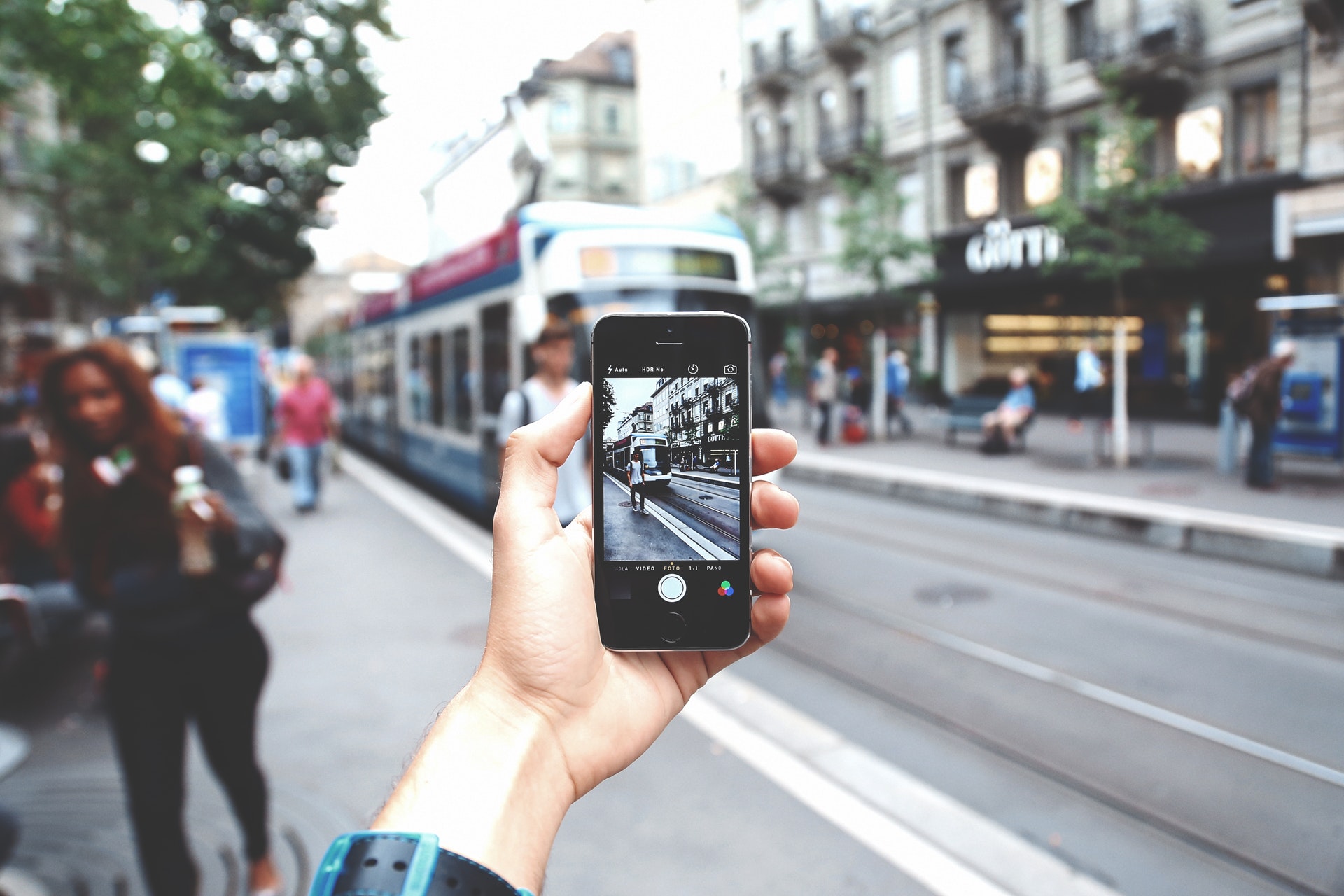Protect Your Tech While Traveling
May 8, 2019

It’s the end of another year at Biola, and many of us have travel plans for the summer. So this month, we share tips for protecting your technology and personal information while traveling.
Before you go
- If possible, do not take your work or personal devices with you on international trips. If you do, encrypt your device. Biola-owned computers are already encrypted.
- For international travel, consider using temporary devices, such as a prepaid cell phone purchased specifically for travel.
- Install a device finder or manager on your device in case it is lost or stolen. In case your device is stolen, make sure you understand how to use these tools to remotely wipe your device.
- Windows: Find My Device
- Apple: Find My Mac and Find My iPhone
- Android: Find My Device
- Make sure all your devices are running the most up-to-date software and operating systems. These updates include essential security patches!
- Use strong passphrases, passcodes or smartphone touch ID to lock and protect your devices.
- Avoid posting social media announcements about your travel plans — such announcements make you an easy target for thieves. Wait until you’re home to post your photos or share details about your trip.
While you’re there
- Physically protect yourself, your devices and any identification documents (especially your passport).
- As you move from place to place, check your pocket to make sure your wallet and devices are with you.
- When entering or exiting public transportation, always check to make sure you didn’t leave anything behind — especially on the seat of your Uber or taxi!
- Even when sitting with your bags or luggage, wrap one of the straps around your seat or leg.
- Don’t use an ATM unless you have no other option; instead, work with a teller inside the bank. If you must use an ATM, it’s best to do so during daylight hours, and ask a friend to watch your back. Check the ATM for any skimming devices, and cover the number pad with your hand as your enter your PIN.
- It’s hard to resist sharing photos or telling friends and family about your adventures, but wait to post about your trip on social media until you return home.
- Never use public computers for private business. This includes computers available in public areas, hotel business centers or cyber cafés. These devices could have keyloggers and malware. If you use a device belonging to other travelers, colleagues or friends, do not log in to email or any sensitive accounts.
- Be careful when using public WiFi networks—they’re not secure, so anyone could potentially see what you’re doing on your computer or mobile device while you’re connected. If you do connect, make sure you use a VPN.
When you return
- If you connected to any public networks while you were gone, you should run full antivirus scans on your devices.
- If you used a credit card while traveling, check your monthly statements for any discrepancies after you return.
- If you downloaded any apps specifically for your trip and no longer need them, be sure to delete those apps and the associated data.
- Post all your photos on social media and enjoy sharing the experience!
